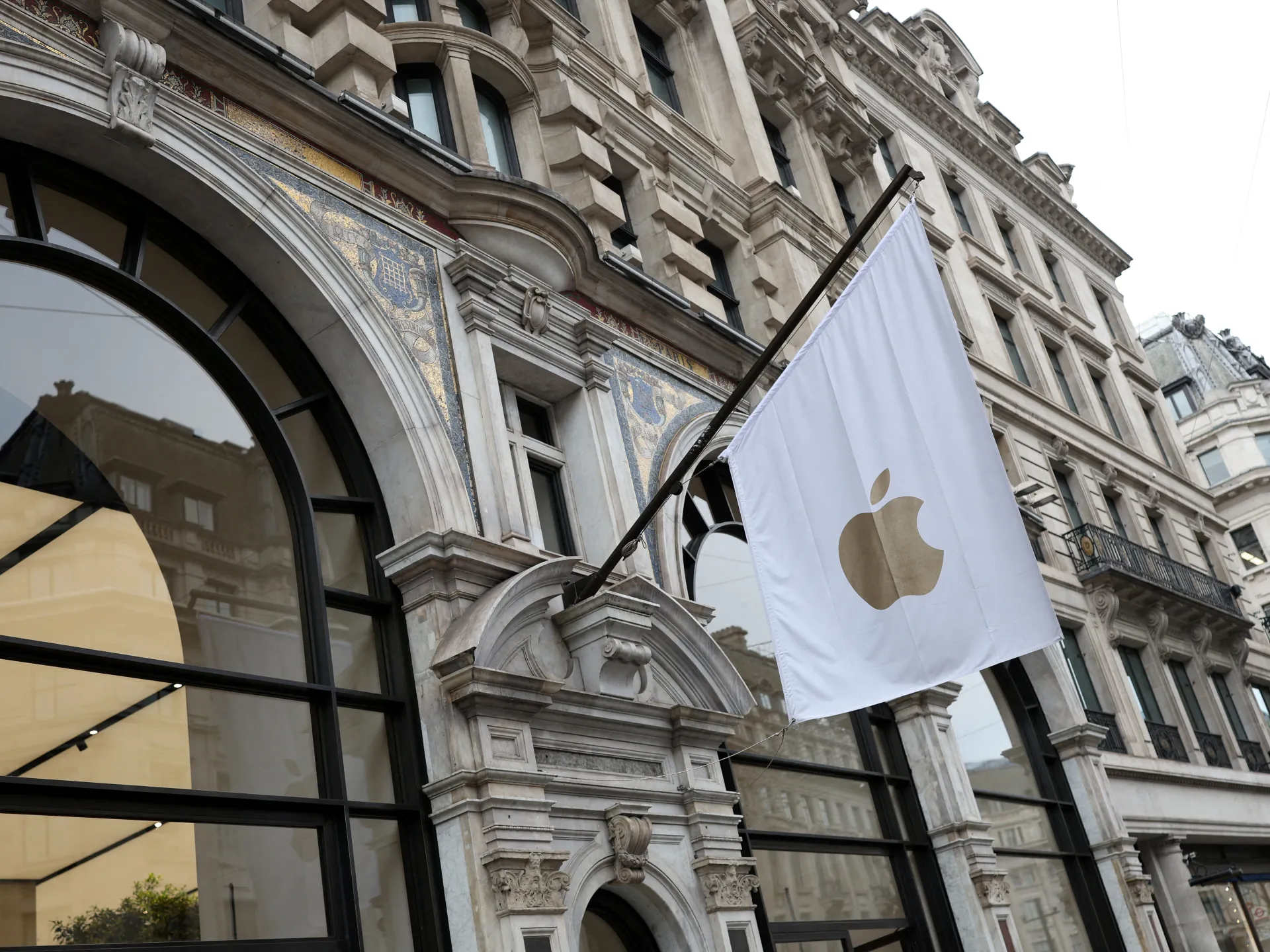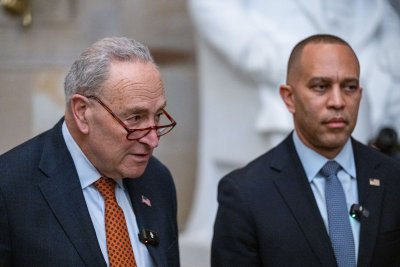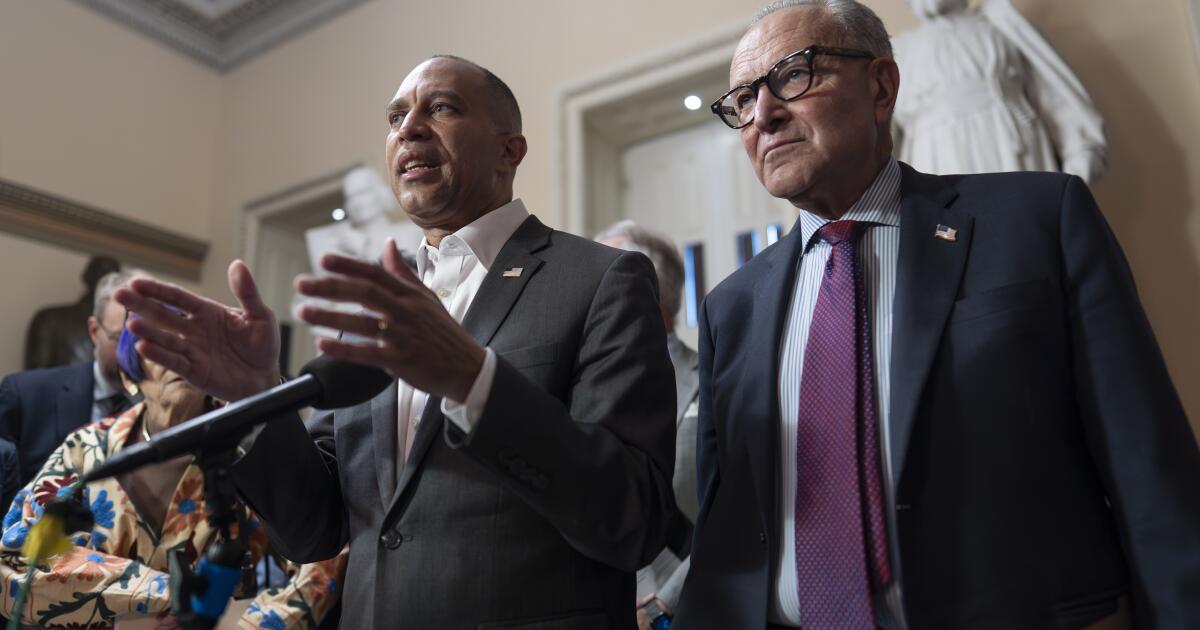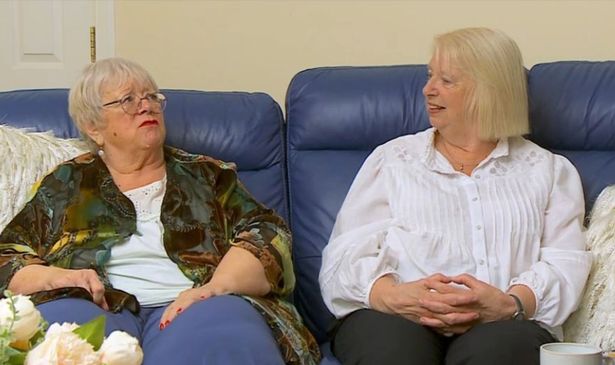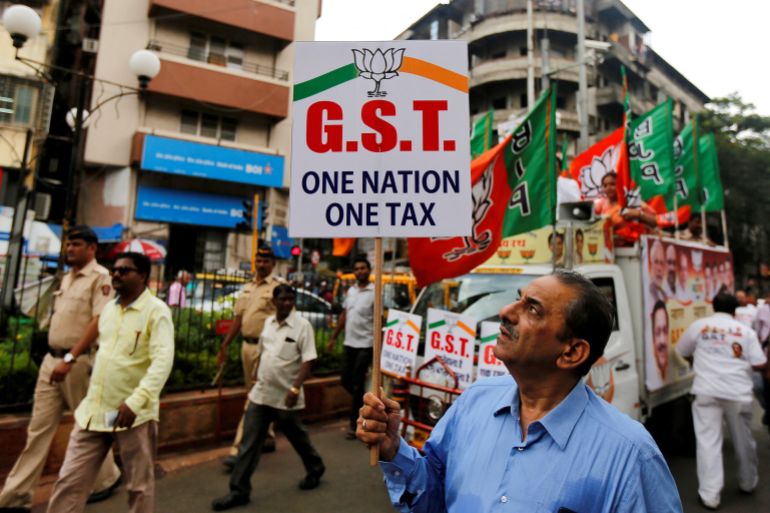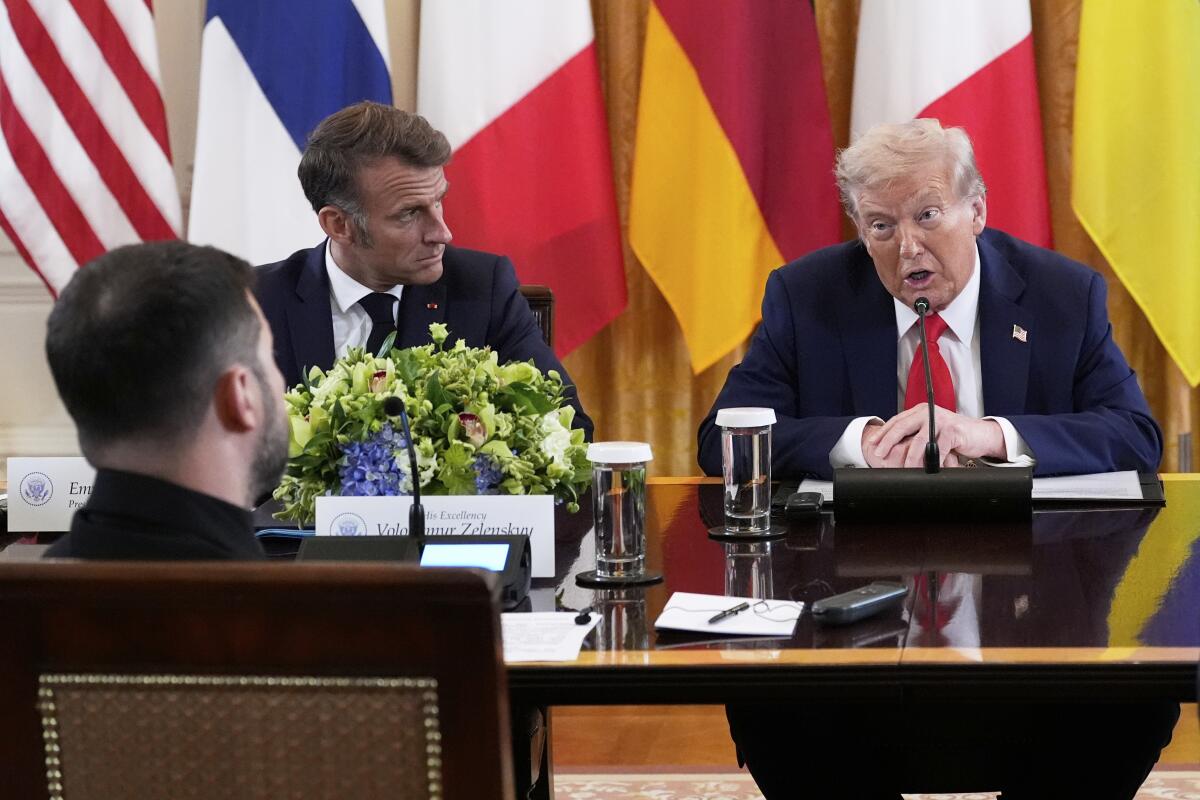Bettina Aptheker was a 20-year-old sophomore at UC Berkeley when she climbed on top of a police car, barefoot so she wouldn’t damage it, and helped start the Free Speech Movement.
“Power concedes nothing without a demand,” she told a crowd gathered in Sproul Plaza on that October Thursday in 1964, quoting abolitionist Frederick Douglass.
She was blinded by the lights of the television cameras, but the students roared back approval, and “their energy just sort of went through my whole body,” she told me.
Berkeley, as Aptheker describes it, was still caught in the tail end of the McCarthyism of the 1950s, when the 1st Amendment was almost felled by fear of government reprisals. Days earlier, administrators had passed rules that cracked down on political speech on campus.
Aptheker and other students had planned a peaceful protest, only to have police roll up and arrest a graduate student named Jack Weinberg, a lanky guy with floppy hair and a mustache who had spent the summer working for the civil rights movement.
Well-versed in those non-violent methods that were finally winning a bit of equality for Black Americans, hundreds of students sat down around the cruiser, remaining there more than 30 hours — while hecklers threw eggs and cigarette butts and police massed at the periphery — before the protesters successfully negotiated with the university to restore free speech on campus.
History was made, and the Free Speech Movement born through the most American of traits — courage, passion and the invincibility of youth.
“You can’t imagine something like that happening today,” Aptheker said of their success. “It was a different time period, but it feels very similar to the kind of repression that’s going on now.”
Under the standards President Trump is pushing on the University of Southern California and eight other institutions, Aptheker would likely be arrested, using “lawful force if necessary,” as his 10-page “compact for academic excellence” requires. And the protest of the students would crushed by policies that would demand “civility” over freedom.
If you somehow missed his latest attack on higher education, the Trump administration sent this compact to USC and eight other institutions Thursday, asking them to acquiesce to a list of demands in return for the carrot of front-of-the-line access to federal grants and benefits.
While voluntary, the agreement threatens strongman-style, that institutions of higher education are “free to develop models and values other than those below, if the institution elects to forgo federal benefits.”
That’s the stick, the loss of federal funding. UCLA, Berkeley and California’s other public universities can tell you what it feels like to get thumped with it.
“It’s intended to roll back any of the gains we’ve made,” Aptheker said of Trump’s policies. “No university should make any kind of deal with him.”
The greatest problem with this nefarious pact is that much of it sounds on the surface to be reasonable, if not desirable. My favorite part: A demand that the sky-high tuition of signatory universities be frozen for five years.
USC tuition currently comes in at close to $70,000 a year without housing. What normal parent thinks that sounds doable?
Even the parts about protests sound, on the surface, no big deal.
“Truth-seeking is a core function of institutions of higher education. Fulfilling this mission requires maintaining a vibrant marketplace of ideas where different views can be explored, debated, and challenged,” the document reads. “Signatories acknowledge that the freedom to debate requires conditions of civility.”
Civility like taking your shoes off before climbing on a police car, right?
As with all things Trump, though, the devil isn’t even in the details. It’s right there in black and white. The agreement requires civility, Trump style. That includes abolishing anything that could “delay or disrupt class instruction,” which is pretty much every protest, with or without footwear.
Any university that signs on also would be agreeing to “transforming or abolishing institutional units that purposefully punish, belittle, and even spark violence against conservative ideas.”
So no more talking bad about far-right ideas, folks. That’s belittling to our racists, misogynists, Christian nationalists and conservative snowflakes of all persuasions. Take, for example, the increasingly popular conservative idea that slavery was actually good for Black people, or at least not that bad.
Florida famously adopted educational standards in 2023 that argue slavery helped Black people learn useful skills. In another especially egregious example from the conservative educational nonprofit PragerU, a video for kids about Christoper Columbus has the explorer arguing, “Being taken as a slave is better than being killed, no? I don’t see the problem.”
And of course, Trump is busy purging the Smithsonian of any hints that slavery was a stain on our history.
Would it be violating Trump’s civility standards for a Black history professor to belittle such ideas as unserious and bonkers? What about debates in a feminism class that discuss Charlie Kirk’s comment that a good reason for women to go to college is to find a husband?
Or what about an environmental science class that teaches accurately that climate change denial is unscientific, and that it was at best anti-intellectual when Secretary of Defense Pete Hegseth recently referred to efforts to save the planet as “crap”? Would that be uncivil and belittling to conservatives?
Belittle is a tiny word with big reach. I worry that entire academic departments could be felled by it, and certainly professors of certain persuasions.
Aptheker, now 81, went on to become just the sort of professor Trump would likely loathe, teaching about freedom and inclusivity at UC Santa Cruz for decades. It was there that I first heard her lecture. I was a mixed-race kid who had been the target of more than one racial slur growing up, but I had never heard my personal experiences put into the larger context of being a person of color or a woman.
Listening to Aptheker and professors like her, I learned not only how to see my life within the broader fabric of society, but learned how collective action has improved conditions for the most vulnerable among us, decade after decade.
It is ultimately this knowledge that Trump wants to crush — that while power concedes nothing without a demand, collective demands work because they are a power of their own.
Even more than silencing students or smashing protests, Trump’s compact seeks to purge this truth, and those who hold it, from the system. Signing this so-called deal isn’t just a betrayal of students, it’s a betrayal of the mission of every university worth its tuition, and a betrayal of the values that uphold our democracy.
Gov. Gavin Newsom has rightfully threatened to withhold state funding from any California university that signs, writing on social media that the Golden State “will not bankroll schools that sell out their students, professors, researchers, and surrender academic freedom.”
Of course, some universities will sign it willingly. University of Texas called it an “honor” to be asked. There will always be those who collaborate in their own demise.
But authoritarians live with the constant fear that people like Aptheker will teach a new generation their hard-won lessons, will open their minds to bold ideas and will question old realities that are not as unbreakable as they might appear. Universities, far from assuaging that constant fear, should fight to make it a reality.
Anything less belittles the very point of a university education.






